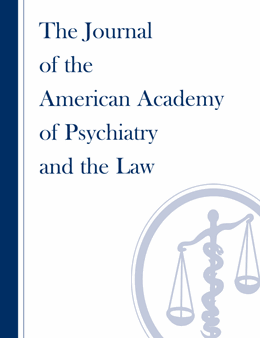(Devil's Advocate Position)
Think of it from the faculty's (and the Dean of Students) perspective. If I was doing my job, and I served a student a repeat year notice from an objective class failure, and I got a lawyer challenging my decision, how am I not supposed to view it as a threat, regardless of how the letter is worded. You bring a third-party, I am going to have to ask my university's Legal Counsel or Risk Management department to step in due to the University policy, turning this into a major bureaucratic headache.
Unless these facts are in contention:
1. You materially failed a class or term according to the prearranged syllabus standards
2. The action taken to repeat a term which means a year repeat is one that is documented as remedial (not as a punishment per se) in the student handbook
then whatever your lawyer sends is an opinion for reconsideration which may or may not be granted rather than a challenge on unfairness. But involving a third-party means an adversarial relationship going forward, and having this circumstance happen in counter to
@MusicDOc124 's point, there is a vested school interest in not messing up established long-term relationships as a feeder to programs on a student's adversarial relationship. I know that where I "practice", there are schools that are privately blacklisted for sending us problem residents that we were not given formal consideration over when we had to discuss matters with ACGME. The school's consideration for looking bad for having a medical student not match versus sending a problem student with a litigious record and unsure competence or mental fortitude for performance is going to be weighed per the situation.
-----------------------
That above is probably the most unsympathetic way to present the situation, but if you have the lawyer directly address the promotion committee, it has to be treated as adversarial in most universities from risk management policies. If the lawyer drafts a letter for you to present, the lack of an active presence may not trigger that. But if you trigger an adversarial relationship with university administration and/or faculty, how do you expect them to write anything but a neutral one or worse, a sabotaged positive recommendation (believe me, academics can be very creative about writing one where the least is damning with faint praise).
So, OP, you're right on both counts. Adding a lawyer introduces a third-party. It may help you if you cannot advocate for yourself, but an active presence means an adversarial one, and even if you prevail, that does not mean quiet retaliation later that you cannot prove. It's a big risk, and one that guarantees consequences (at least the character of the relationships) for uncertain gain. You have to decide if your lawyer knows how to advocate properly under those conditions.
That said, if you are going to claim mental health issues were performance inhibiting, count on this being passed over the Board for consideration when you apply for your license. That is quite variable on how that gets received and dealt with, and you may have special difficulties getting a license with that history out in the open.
